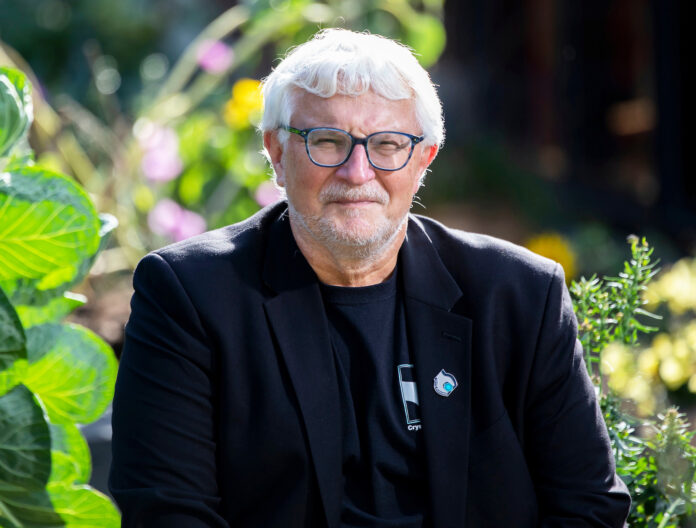
RESEARCHERS at the University of Limerick have discovered a new material that can trap and store volatile gases that currently require very high pressures or very low temperatures.
The research team, which includes international collaborators in Japan, the US and South Africa, have discovered a new class of porous materials or sorbents for trapping and storing volatile gases.
The discovery is an extremely important one as there is an urgent need find to better ways to store volatile fuel such as hydrogen and natural gas as well as medicinal gases such as oxygen and nitric oxide.
The team is led by Dr Varvara Nikolayenko, formerly of the Department of Chemical Sciences and UL’s Bernal Institute, now working at Bayer AG and Professor Michael Zaworotko, Bernal Chair of Crystal Engineering and Science Foundation of Ireland Research Professor at UL’s Bernal Institute.
“Traditional sorbents have interconnected holes and pores like a sponge. The new sorbents we have discovered are more like Swiss cheese in that they have empty space, but they are not interconnected by pores,” explained Professor Zaworotko.
“Our new materials point towards an alternate approach to store such gases which is both less energy intensive and safer,” he added.
The research team said the key findings included that the so-called ‘Swiss cheese’ sorbent expands when it is exposed to gases with very little structural rearrangement and thereby captures increasingly large quantities of gas as pressure is increased.
“The changes in the sorbent are reversible so the gas can be easily removed, and the sorbent can be recycled for further use,” Dr Nikolayenko said.
“It is counterintuitive to expect a sorbent which has no pores to have the ability to trap volatile gases. This raises the question of whether there are many more such sorbents that are hiding in plain sight,” she added.
The latest discovery builds on research Professor Zaworotko is carrying out at UL’s Bernal Institute in crystal engineering to tackle climate challenges.
Last year, Professor Zaworotko and his team developed a new material that has the ability to capture toxic chemicals from the air.
That material is capable of capturing trace amounts of benzene, a toxic pollutant, from the air using less energy than existing materials, which could revolutionise the search for clean air.


